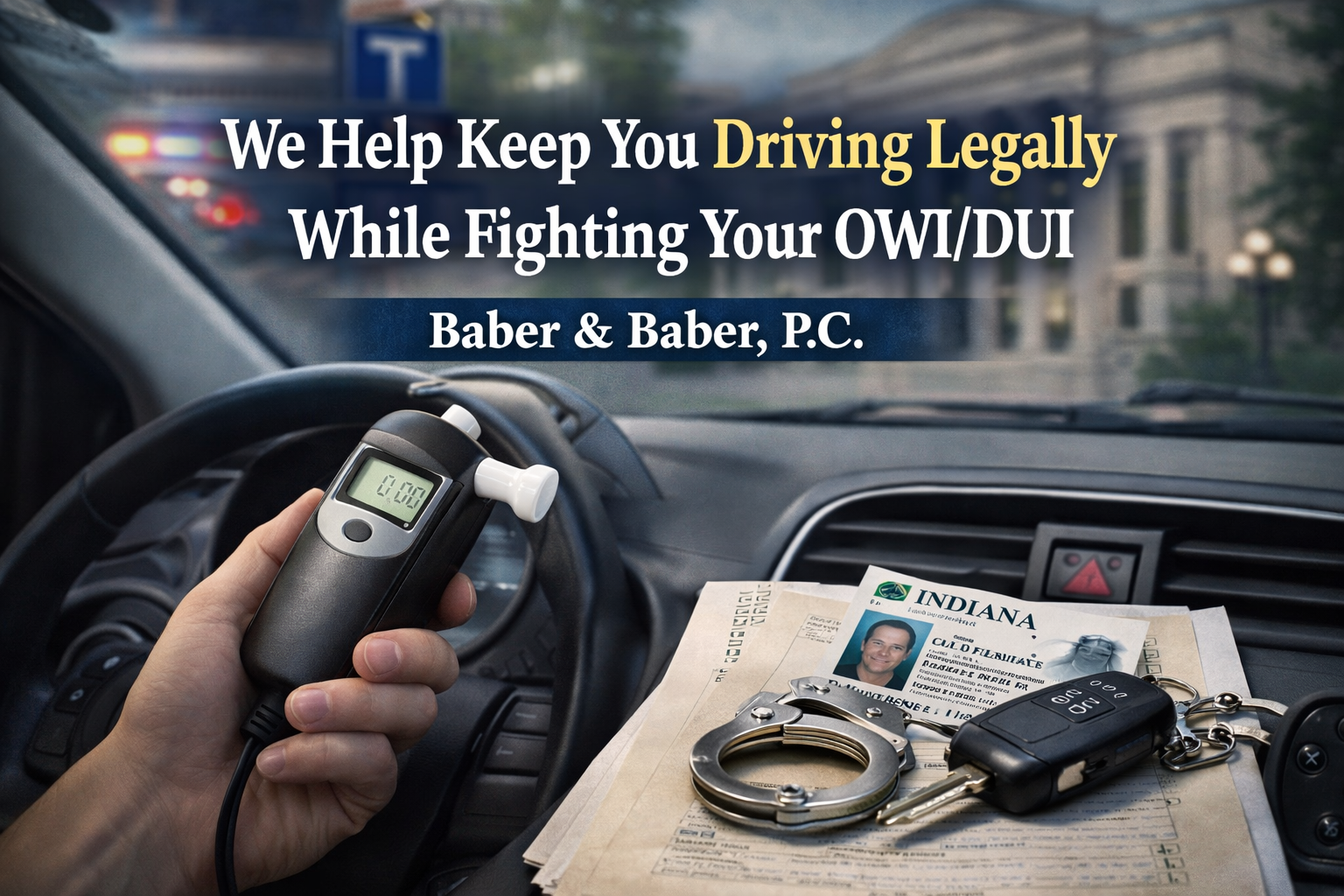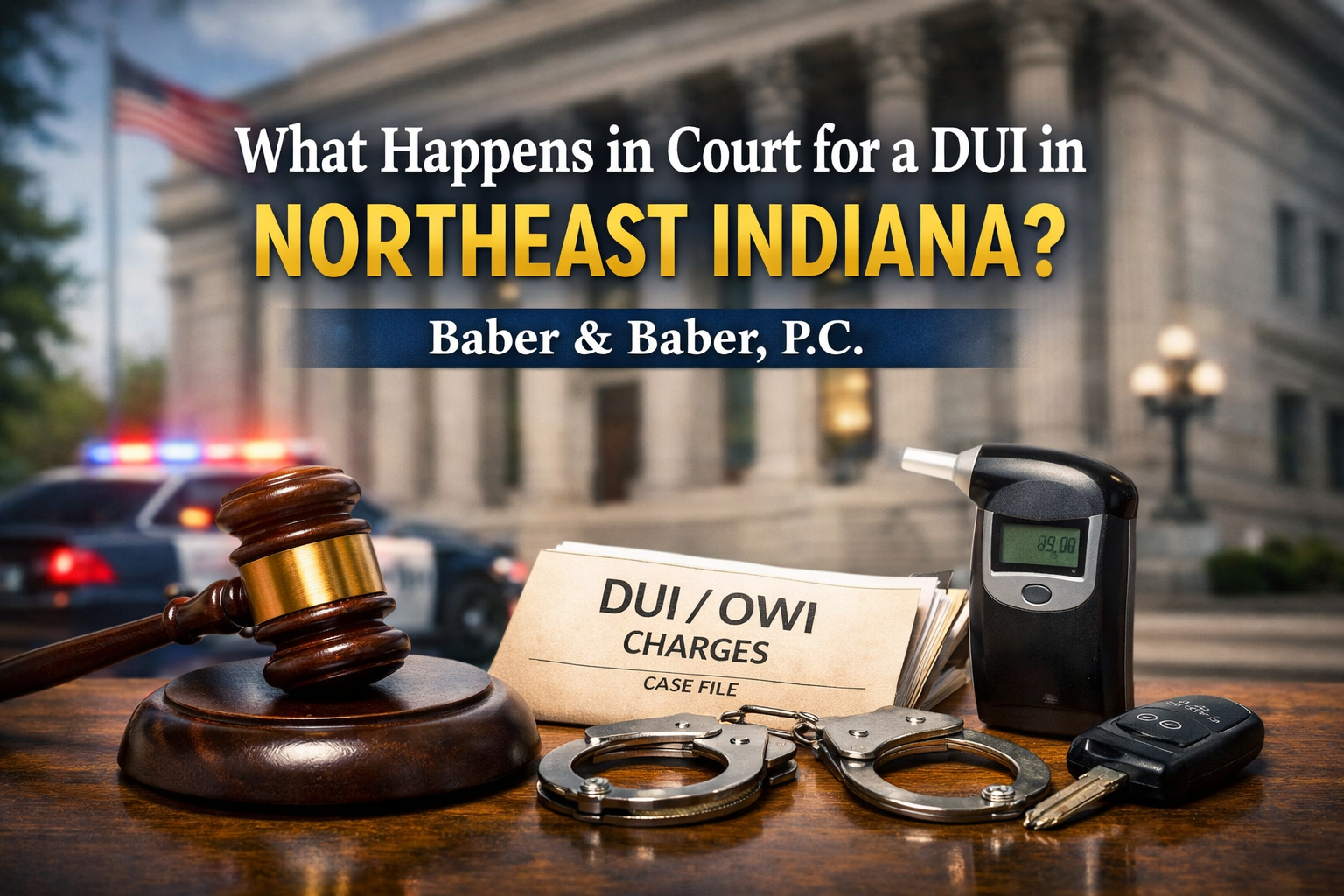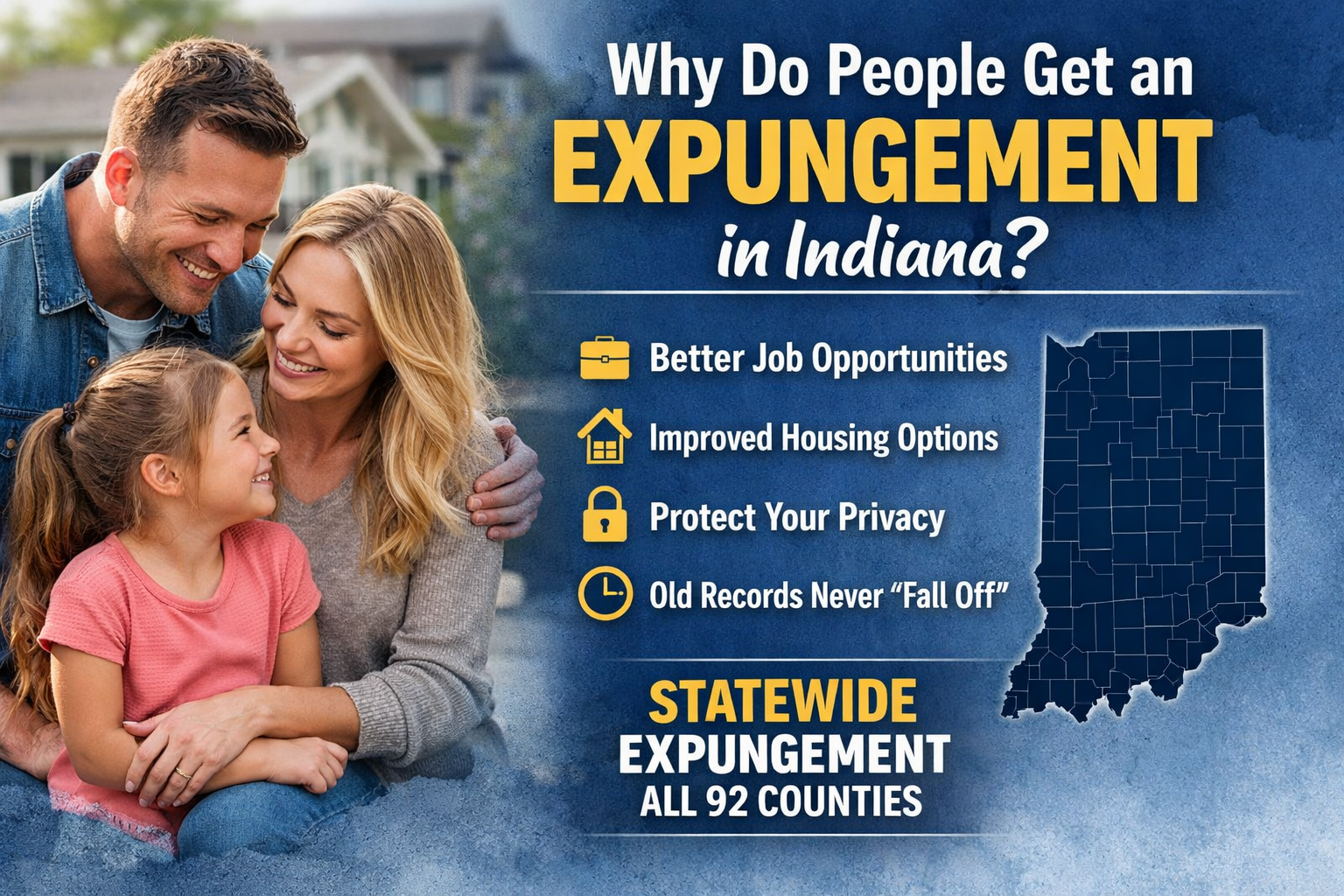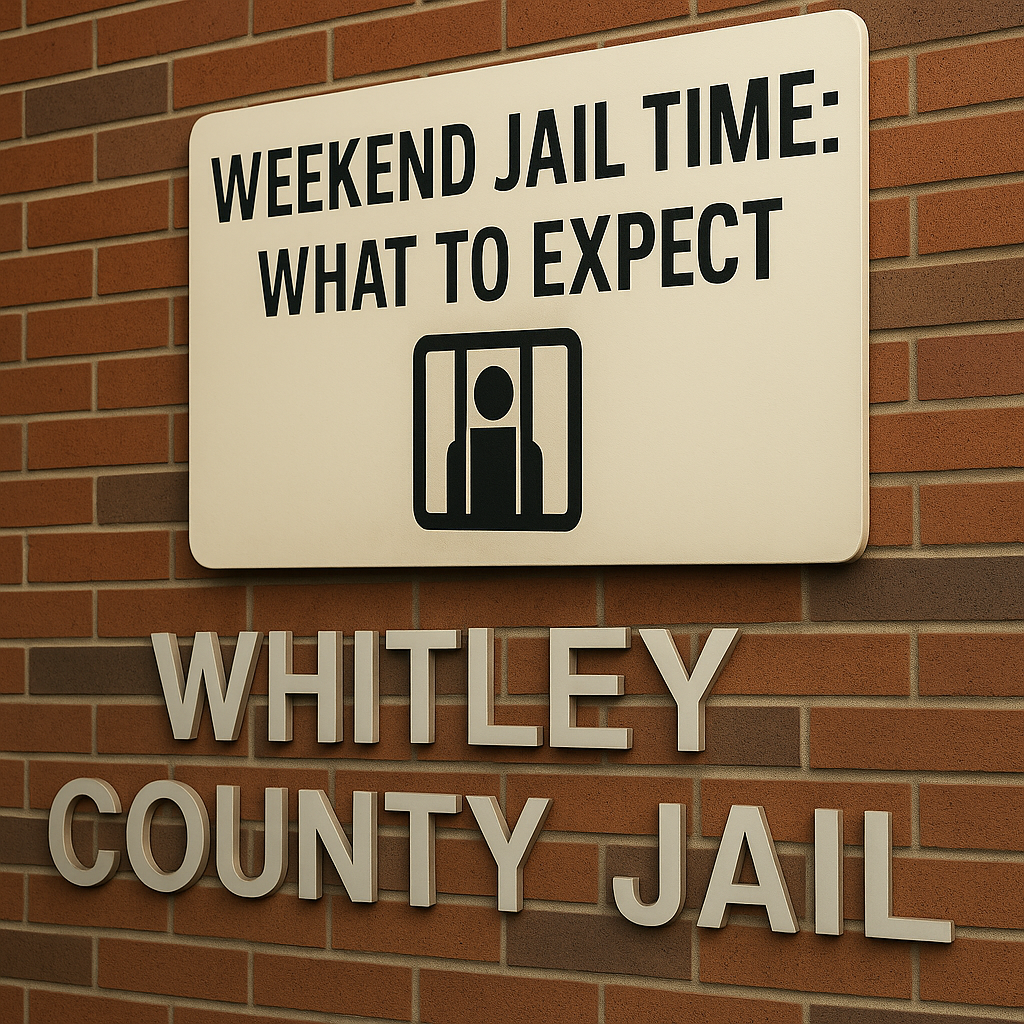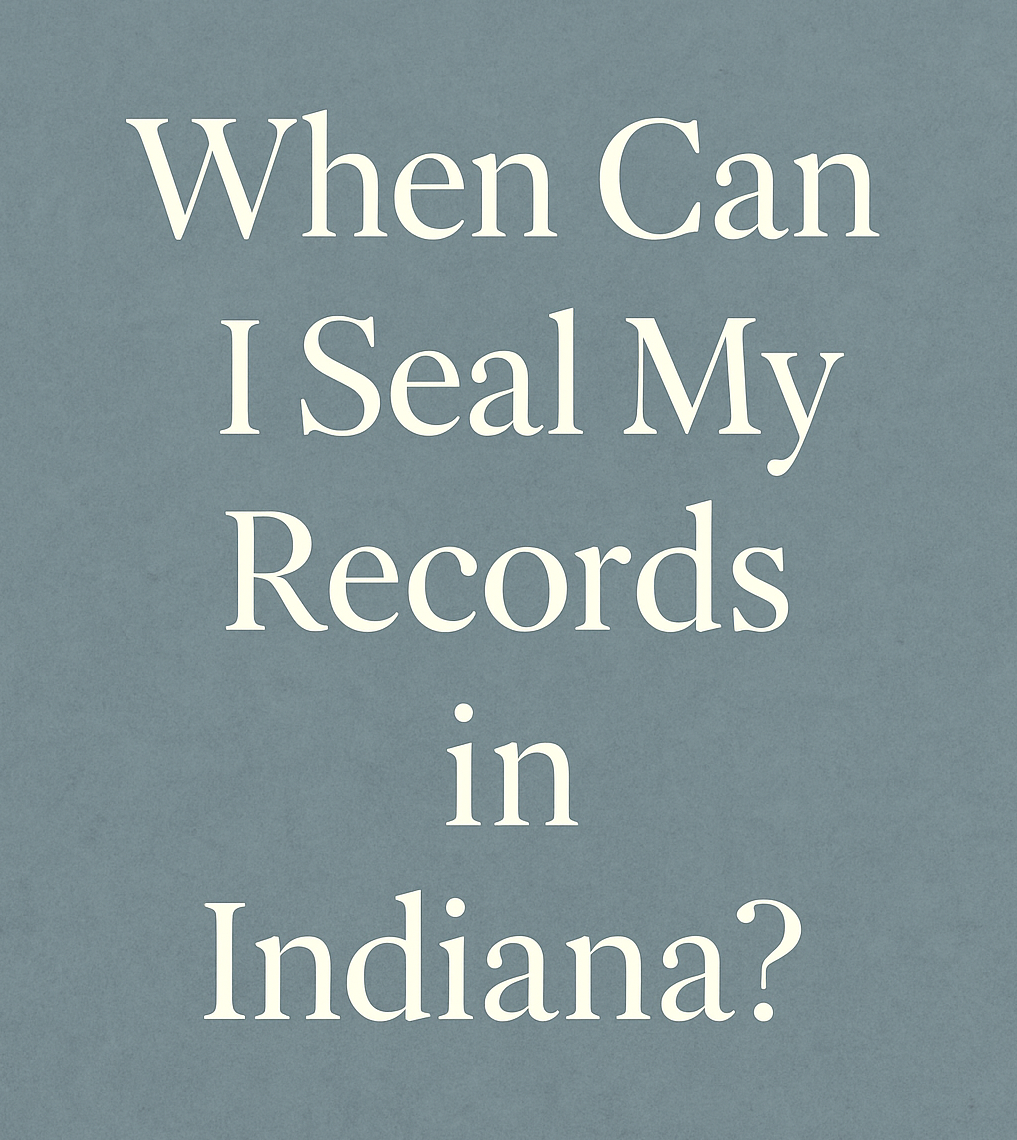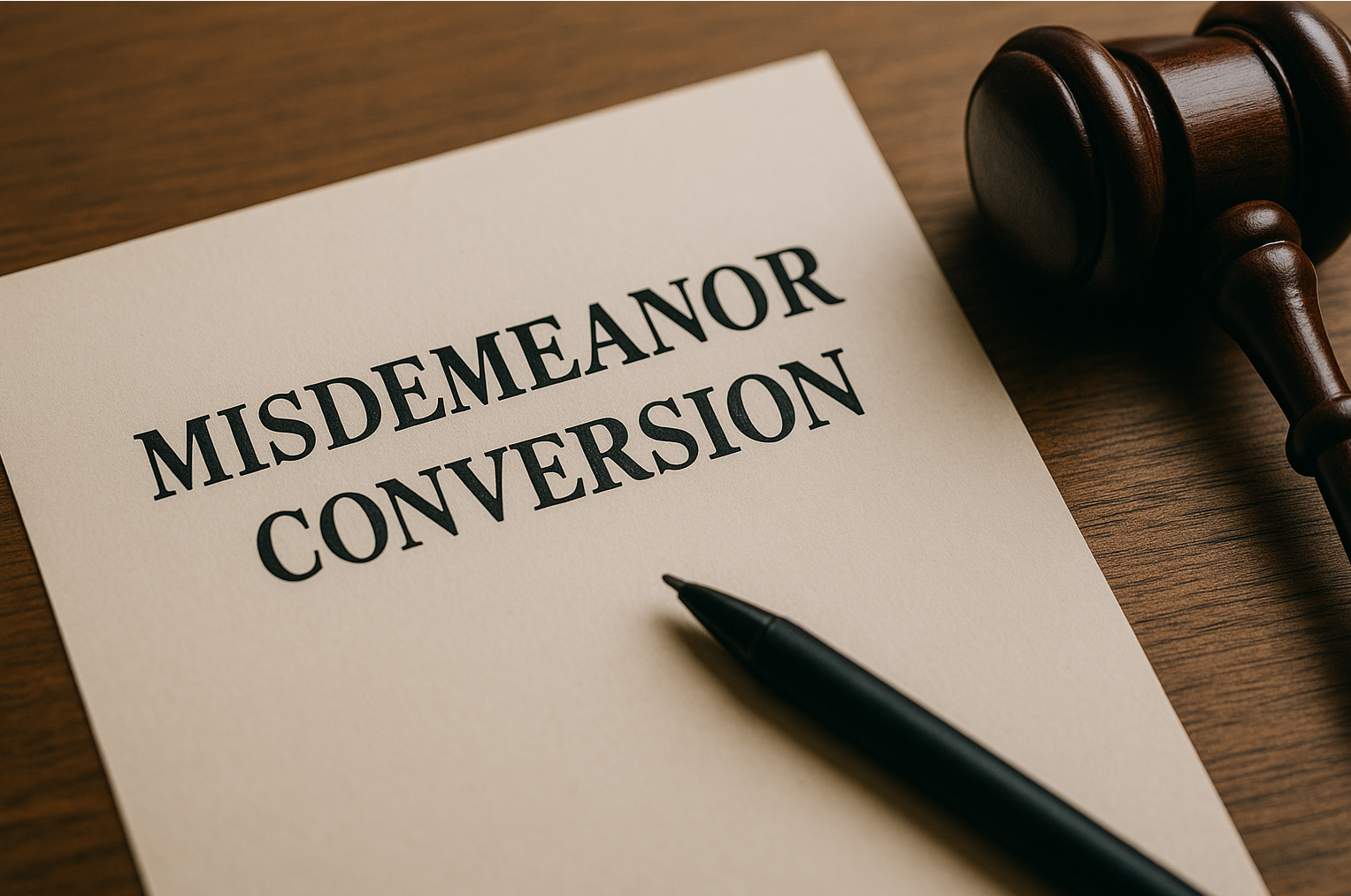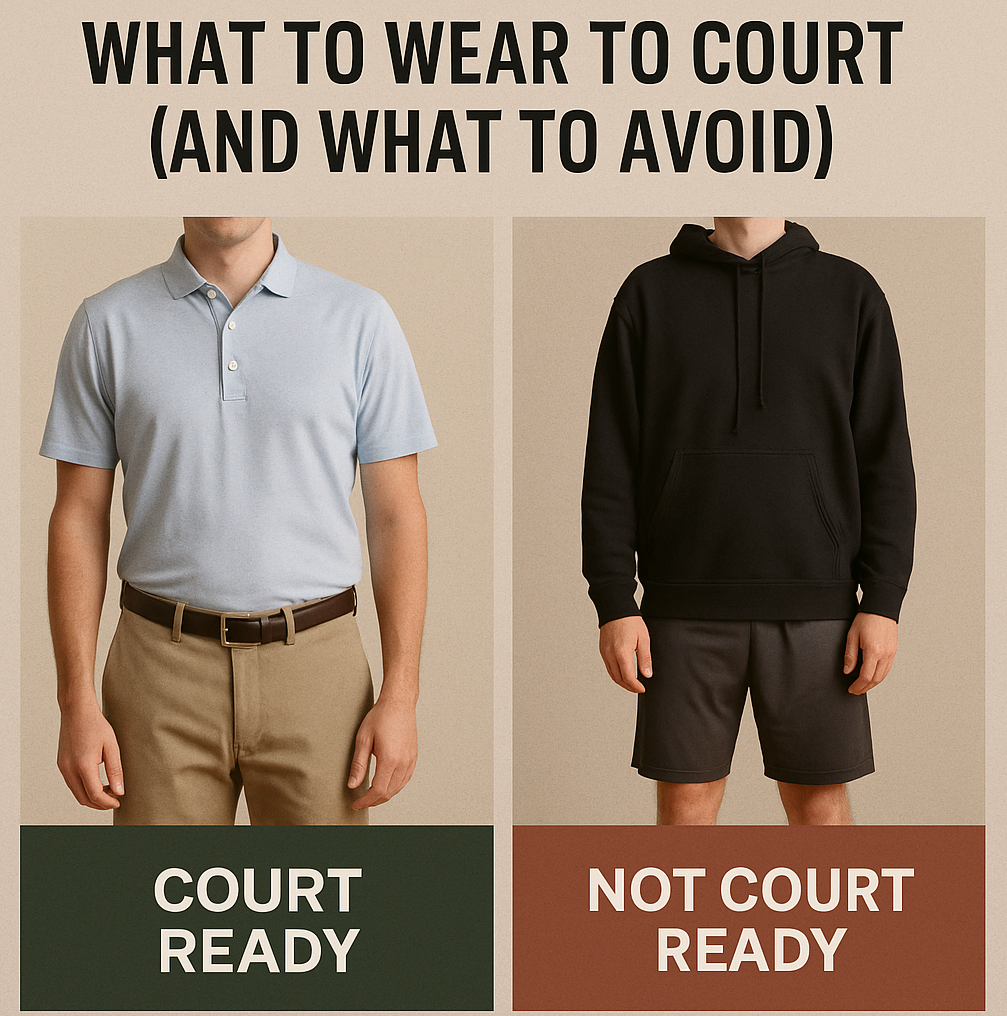What You Say to Police Can Be Used Against You - Even If You’re Innocent
Zach Baber • July 16, 2025
You’ve heard the phrase: “You have the right to remain silent.”
But in real life? Most people don’t use that right until it’s too late.

Whether it’s a routine traffic stop, a knock on your door, or a detective asking for “just a quick conversation,” what you say to law enforcement in Indiana can and often will be used against you in court.
Even if you’re not guilty.
Even if you're just trying to be helpful.
Even if you believe it’s all a misunderstanding.
We’ve seen firsthand how early conversations with law enforcement, no matter how innocent they seem, can come back later in ways people never expected.
What the Law Actually Says
But here’s the critical part:
We've seen people in Whitley County and throughout Indiana unknowingly:
One of the best responses when questioned by police about a crime?
One of the hardest truths for people to accept is that being innocent doesn’t guarantee you won’t be charged.
In fact, innocent people may feel more comfortable talking freely - and that can be risky.
Remember: you don’t know what information law enforcement already has, how others may have described the situation, or what angle the investigation is taking. It’s safer to wait until you have legal guidance.
How This Plays Out in Columbia City and Indiana Courts
Bottom Line: You Have Rights, So Use Them Early
A short conversation with a defense attorney can save you from major legal complications later.
Even if you’re not guilty.
Even if you're just trying to be helpful.
Even if you believe it’s all a misunderstanding.
We’ve seen firsthand how early conversations with law enforcement, no matter how innocent they seem, can come back later in ways people never expected.
What the Law Actually Says
Under the Fifth Amendment of the U.S. Constitution and Article 1, Section 14 of the Indiana Constitution, you have the right not to incriminate yourself.
This includes the right to remain silent and the right to have an attorney present during questioning.
But here’s the critical part:
- These rights don’t protect you unless you actually use them.
“I Was Just Trying to Cooperate”
We understand.
When you’re approached by police, your instinct might be to clear things up quickly.
You may want to explain your side or answer a few questions to avoid looking suspicious.
But law enforcement officers are trained to gather information.
Even if they don’t read you your Miranda rights (because they’re not required to unless you’re in custody), they can still use anything you say.
We've seen people in Whitley County and throughout Indiana unknowingly:
- Admit to parts of a crime they didn’t commit
- Misstate facts that conflict with later evidence
- Make “harmless” comments that prosecutors later twist out of context
The Smartest Thing You Can Say
- “I’d like to remain silent and speak to an attorney.”
This doesn’t mean you’re being difficult.
It means you’re protecting your future.
Innocent People Can (and Do) Face Charges
In fact, innocent people may feel more comfortable talking freely - and that can be risky.
Remember: you don’t know what information law enforcement already has, how others may have described the situation, or what angle the investigation is taking. It’s safer to wait until you have legal guidance.
How This Plays Out in Columbia City and Indiana Courts
In smaller communities like Columbia City, conversations happen fast and close to home.
You may know the officer. It may feel informal.
But whether you're in a police station, your living room, or a traffic stop on US-30, the law doesn’t change.
Your statements can follow you into court.
Bottom Line: You Have Rights, So Use Them Early
If law enforcement wants to talk to you, or you’re unsure whether you’re a suspect, take a breath.
You don’t have to figure it out alone.
And you absolutely don’t have to explain anything without knowing your rights.
A short conversation with a defense attorney can save you from major legal complications later.
📞 Call (260) 244-4422 or schedule a consultation online
to learn more.
This is for general educational purposes and not meant as specific legal advice.

